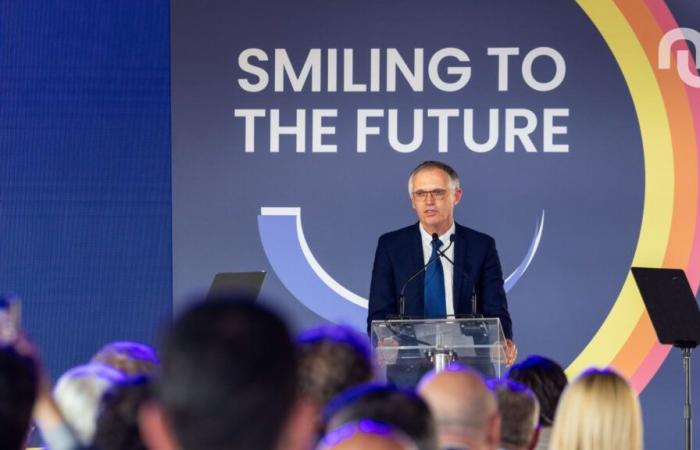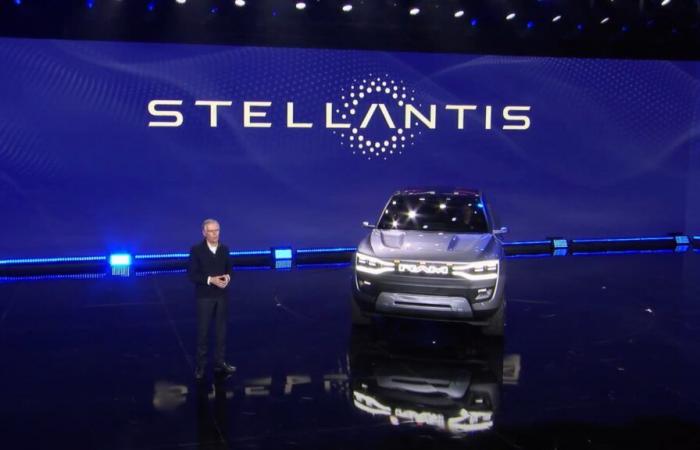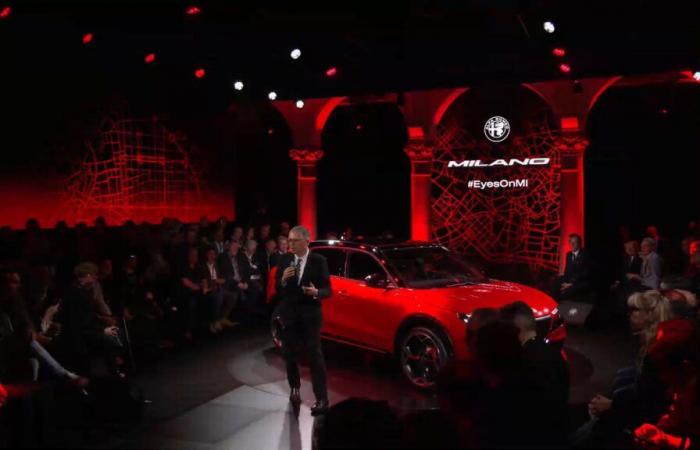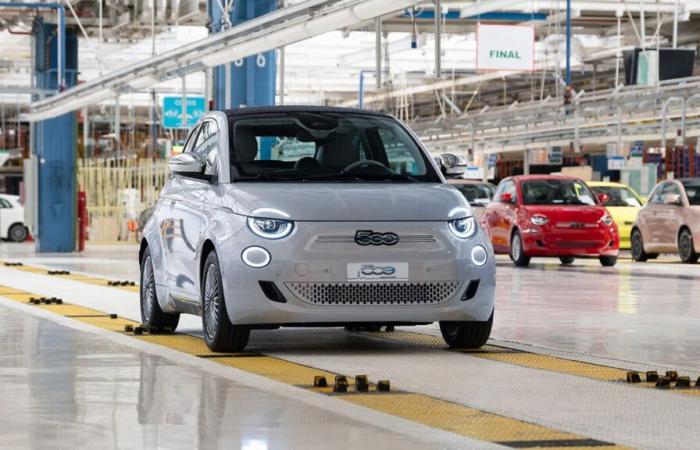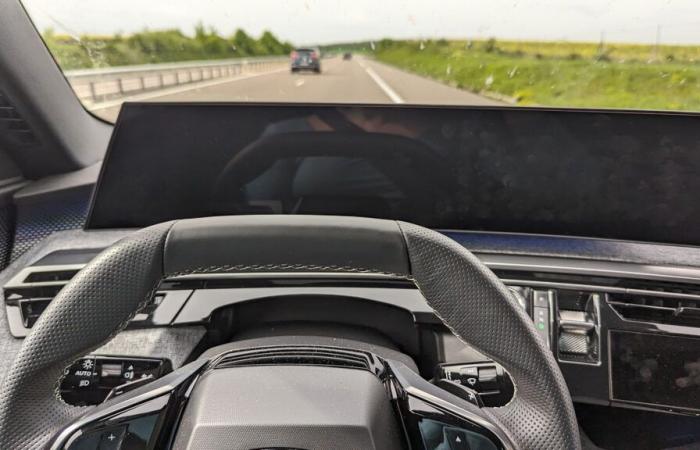The announcement of the surprise departure of Carlos Tavares took everyone by surprise on December 1, 2024. The automobile group must now find who will replace Carlos Tavares. His successor will have to face several hot issues.
Relations between Carlos Tavares and the board of directors of Stellantis had become increasingly tense, particularly regarding certain strategic choices. The differences of opinion apparently got the better of the group's boss. Carlos Tavares was pushed to submit his resignation on December 1, a year before the end of his mandate. This was accepted with immediate effect, as confirmed in a press release from Stellantis. John Elkann, chairman of the board of directors, will act as interim chairman until a new CEO is appointed in the coming months.
The board of directors had already started looking for the candidate for this position, such a hire being prepared well in advance. Although several names have been mentioned, none is obvious for the moment. In any case, Carlos Tavares' successor will inherit complicated files to deal with. The decisions of this new entrant risk being even more unpopular than those of the former leader.
Straightening the American cash machine
The American market having generated a large part of the group's revenues in recent years, it is therefore crucial in Stellantis' balance. Unfortunately, sales have slowed and the group's brands find themselves with a large stock of vehicles. Brands did not anticipate the signals of market hardening. It will be necessary to agree to heavy discounts to sell off stocks, to the detriment of margins.
However, this is only one of the problems that Stellantis is facing in the United States: tensions with the unions are still high, and the last strike has already cost the group dearly. The election of Donald Trump, marked by a protectionist policy, could accentuate the difficulties, in particular with customs surcharges, a reduction in aid for electric vehicles and a blockage of relocations. Even if American brands like Jeep or Ram should be able to catch up with thermal vehicles, this will require major adjustments.
Ending Stellantis' open war with Italy
For several months, relations with Italy have clearly deteriorated. It may be useful to remember that Stellantis is the merger of the brands of the PSA group (Peugeot, Citroën, DS) and FCA (Fiat, Jeep, Alfa, Lancia, Chrysler, etc.). The historic Italian brands therefore find themselves drowned in this sprawling group of 14 brands (15, if we add the Chinese manufacturer Leapmotor). Like any marriage of this type, the merger does not go smoothly. Beyond layoffs, expenses must also be rationalized. In all these changes, Italian brands have often found themselves at a disadvantage, which has already created internal tensions.
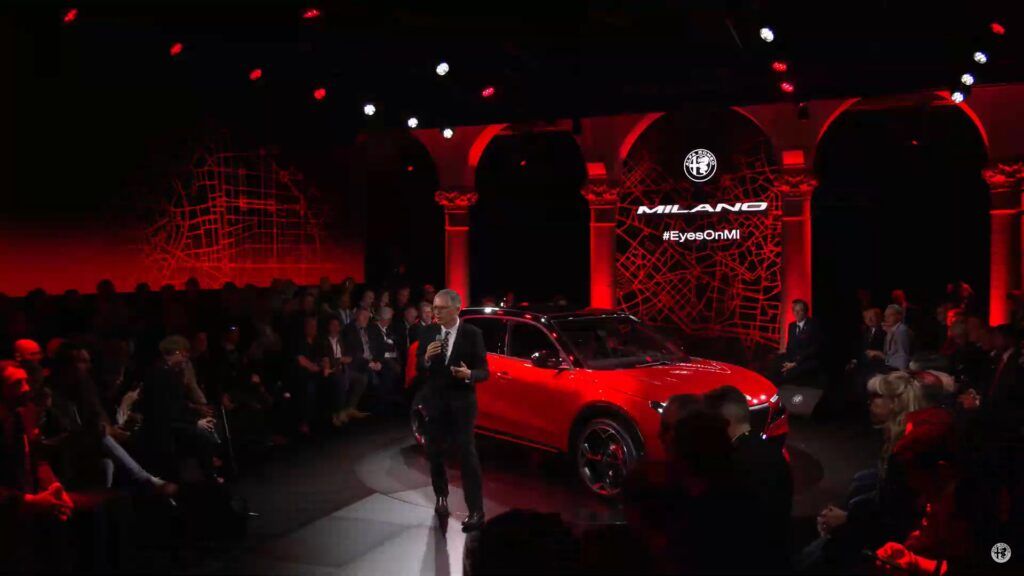

When the Italian government adds its two cents, it becomes more and more explosive. Italy's first remarks were certainly taken a little lightly by Carlos Tavares. The Italian government then began to put obstacles in the way of the group, and also to resort to financial blackmail. Italy notably threatened to no longer subsidize Stellantis projects if a minimum of guarantees on production and employment were not given. Unfortunately, the group's electrification strategy, which was supposed to contribute to this, is in turn failing.
Electric car: a good basis, but not sufficient
Carlos Tavares has adopted a fairly cautious strategic approach regarding electric cars, opting instead for multi-energy platforms. The hesitations of the European and American markets regarding electricity seem to have proved him right. However, past procrastination has also contributed to putting the group in an uncomfortable position — in a “we’re going, but not completely” way. However, Carlos Tavares has gradually changed his mind about electric vehicles. Probably too late, because he himself has made customers doubt by his past positions.
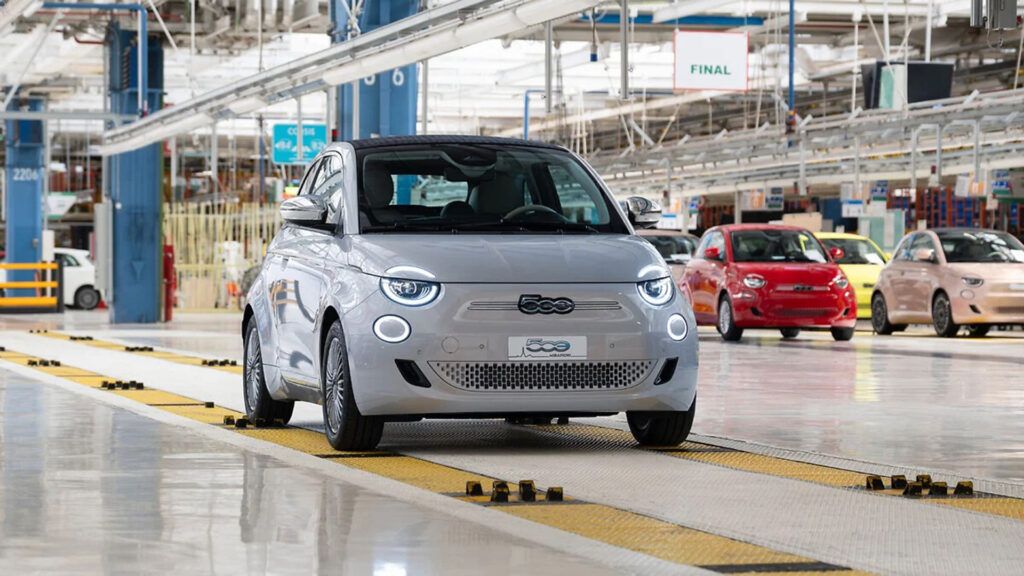

The result is visible in products like Fiat 500e, whose demand has collapsed in Europe. Even the flagship Peugeot e-3008 does not stand out in sales compared to its hybrid counterpart. These observations apply to the entire group. Despite an extensive electric range, the coexistence of engines has weakened the overall strategy. Carlos Tavares assured that Stellantis was ready for the new stage of the CAFE standard of 2025, it remains to be seen if he was not too optimistic on the subject.
Software: low-cost subcontracting has its limits
As with electrification, the group finally threw itself headlong into catching up on the software side. The direction was set with the “STLA brain” project, but the resources allocated to this overhaul of the entire software development around vehicles raise questions. Development is largely outsourced, mainly to India and Morocco. In Europe, a handful of employees try to supervise this subcontracting and pay for the damage.
The Peugeot e-3008 was therefore launched with software that was not sufficiently advanced, and the Citroën ë-C3 (although more rustic) is even more problematic in terms of software. All this leaves a degraded image of the quality of the new models. If the updates allow progressive corrections, they do not erase the impact on the image of new models, especially for vehicles which are increasingly expensive. The association with the Chinese manufacturer Leapmotor could appear to be a lifeline on this point. But the next boss of the group will also have a lot to do to correct the situation.
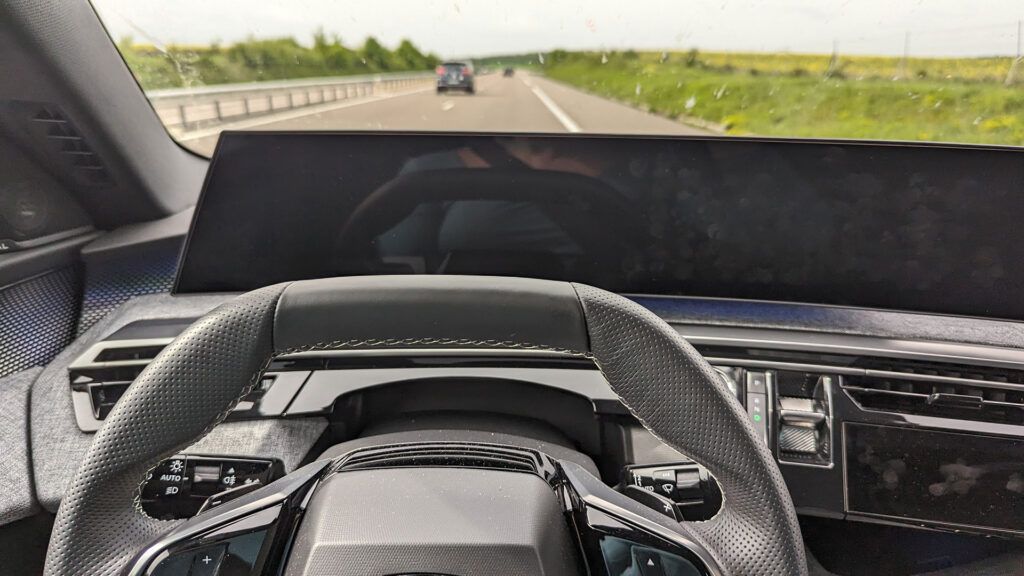

Remove or sell iconic brands
When creating Stellantis, Carlos Tavares committed not to sacrifice any brands among the group's 14 entities. If this decision seemed relevant at the start, four years later, it is difficult to justify. Several brands are far from profitable, despite the rationalization of expenses and the pooling of platforms.
The future boss of the group will certainly have to do the work of gravedigger of brands that Carlos Tavares did not wish to hire. Suffice it to say that such decisions will inevitably make him particularly unpopular, so prepare for them now.
If we know what we are losing by seeing Carlos Tavares leave Stellantis, we do not know what the group will gain in return. The next few months are likely to be particularly stressful at Stellantis.
Don't miss our Watt Else newsletter to stay informed about the hottest topics on electric mobility.
Newsletter Watt Else
You would like to receive the newsletter
Watt Else in your mailbox?
The data transmitted via this form is intended for PressTiC Numerama, in its capacity as data controller. These data are processed with your consent for the purposes of sending you by email news and information relating to editorial content published on this site. You can object to these emails at any time by clicking on the unsubscribe links in each of them. For more information, you can consult our entire policy for processing your personal data.
You have a right of access, rectification, erasure, limitation, portability and opposition for legitimate reasons to personal data concerning you. To exercise one of these rights, please make your request via our dedicated rights exercise request form.

